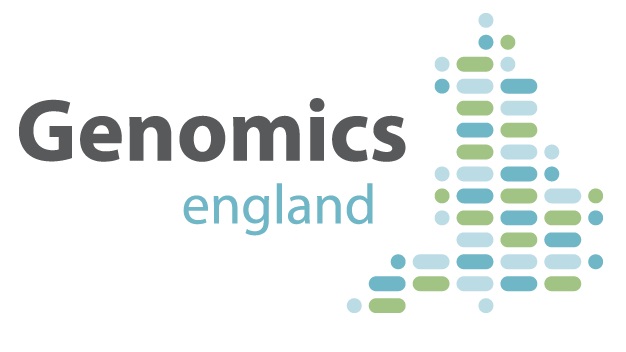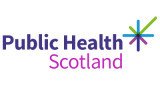University of Sheffield: against COVID-19 University

1. Project MinE
https://www.projectmine.com/
Project MinE is a partner of the global project "The COVID-19 Host Genetics Initiative". Within the framework of this contribution, the project is carrying out the following study:
Research question: To identify linear and non-linear associations between rare/common genetic variation and COVID-19 infection severity in individuals who are vulnerable due to advanced age and/or neuromuscular disease.
Study design: 1. Longitudinal data collection via smartphone to identify past/current COVID19 infection including severity markers (n=9600). 2. Genome-wide association study for (1) occurrence of COVID-19; and (2) ‘severe’ as opposed to ‘mild’ infection using: a. Logistic regression (MAF>1%) b. Rare-variant (MAF<1%) burden testing based on genes and genic units (exons/enhancers/promoters). c. Bayesian modelling to identify non-linear association 3. Development of a clinically useful genetic classifier using machine learning.
Study Type: Retrospective(n=200)
Genetic analysis: WGS
Investigators: Johnathan Cooper-Knock
2. Sheffield scientists sequence over 1,000 Covid-19 genomes to aid pandemic response
Scientists at the University of Sheffield and clinicians from Sheffield Teaching Hospitals NHS Foundation Trust have reached a major milestone of their work as part of a national effort to map the spread of coronavirus
The teams have now uploaded a staggering 1,000 genome sequences to the Covid-19 Genomics UK (COG-UK) Consortium, helping researchers around the world
The work has been backed by the UK government as part of a £20 million investment in a consortium helping the national response to the pandemic
The genetic code could arm public health agencies and clinicians with cutting edge intelligence to help combat coronavirus
https://www.sheffield.ac.uk/news/nr/sheffield-sequence-1000-coronavirus-genomes-1.888702
3. University of Sheffield is partner of the project 'COVID-19 Genomics UK (COG-UK) Consortium'
'COVID-19 Genomics UK (COG-UK) Consortium' is a collaboration between the NHS, Public Health England and other UK public health agencies, the Wellcome Sanger Institute, University of Cambridge and other academic institutions.
Project: COVID-19 Genomics UK (COG-UK) Consortium
Research Group: Cardiovascular Epidemiology Unit
Project Description: The COVID-19 Genomics UK (COG-UK) Consortium aims to increase the current capacity for SARS-CoV-2 genetic sequencing in the UK. This sequencing data will be used to understand the epidemiology and spread of the virus, and to monitor and evaluate interventions for COVID-19. SARS-CoV-2 genomic data will be integrated with NHS electronic health records and other existing genomic data to generate insights into susceptibility to COVID-19. From within the DPHPC, Professor John Danesh is a member of the COG-UK Steering Group, Dr Ewan Harrison will serve as the Scientific Project Manager and Dr Michael Chapman will lead the health informatics component.
Contributors:
Dr Thushan de Silva, Senior Clinical Lecturer and Honorary Consultant Physician in Infectious Diseases, University of Sheffield Department of Infection, Immunity and Cardiovascular Disease
Dr Matthew Parker, Sheffield Bioinformatics Core at the National Institute of Health Research (NIHR) Sheffield Biomedical Research Centre
Members of the research team: Adri Angyal, Rebecca Brown, Matthew Wyles, Luke Green, Rachel Tucker, Paul Parsons, Danielle Groves, Laura Carrilero, Katie Johnson, Nikki Smith and others: https://www.sheffield.ac.uk/medicine/research/research-themes/infection/covid-19
The team is working in partnership with Consultant Virologists Dr Cariad Evans, Dr Mohammad Raza and Dr Alison Cope, Academic Clinical Fellows Dr Alex Keeley and Dr Benjamin Lindsey, and Consultant Microbiologist Dr Dave Partridge at the Sheffield Teaching Hospitals NHS Foundation Trust’s regional NHS virology laboratory based at the Northern General Hospital.
https://www.cogconsortium.uk/about/

%20Consortium.png)
.jpg)









